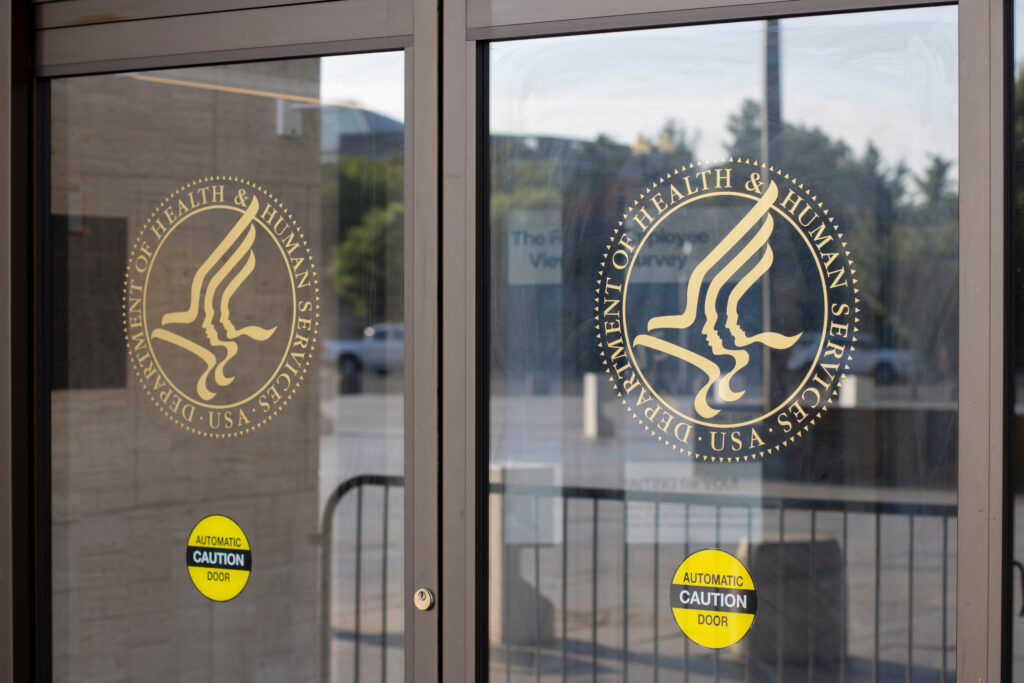

By Ted Slafsky
U.S. Health and Human Services (HHS) Secretary Robert F. Kennedy Jr.’s eagerly anticipated first take on the 340B drug discount program suggests 340B stakeholders have more work to do educate him on the program’s history, growth and long tradition of bipartisan support.
Kennedy offered his first public comments on 340B during a May congressional hearing, which received little attention as far as 340B is concerned, with the exception of coverage in 340B Report. During the hearing, U.S. Rep Chuck Fleischmann (R-Tenn.) described the importance of the 340B program to hospitals, health centers and rural providers in his district, and noted he’s “a strong supporter” of the drug pricing program. He asked the secretary if he could “confirm or deny” the then-rumors that HHS planned to move 340B program oversight from the Health Resources and Services Administration (HRSA) to the Centers for Medicare and Medicaid Services (CMS).
President Donald Trump has since released an HHS budget proposal that included the 340B oversight shift.
Kennedy told congressional lawmakers that he could not comment on the potential change due to a court order, but he did weigh-in on the 340B program. Here are his remarks:
“I can tell you, the 340B program, as you know, is not a straightforward program because it was originally intended for 100 institutions that were serving very poor communities. It’s now grown to 27,000 institutions. The patients, themselves, seldom get the benefits of the drug reduction. And, actually, 100,000 if you look at all the kind of satellite institutions.
“But we also recognize that it is the lifeblood of rural hospitals right now, so we can’t mess with that program without giving those rural hospitals something else that is going to support them, and we understand that.
“I can tell you that the drug companies are worried because if we do what President Trump wants, which is compliance with the executive order to go to ‘most-favored nation,’ it will lower the price of all drugs, which means it will further lower the cost of 340B drugs. And they consider that existential, so that is a problem that we all need to work out together.”
While we should applaud Kennedy’s appreciation of how important 340B is to rural hospitals, his comments on the program’s growth, and his skepticism about its benefits, demonstrate a deep misunderstanding of how the 340B program is working and its evolution.
340B continues to be a lifeline for safety net health care providers of all sizes and, of course, their patients. However, in this month’s column, I will focus on the secretary’s comments regarding the growth of the program.
As any 340B veteran would know— including the secretary’s late uncle, U.S. Sen. Ted Kennedy (D-Mass.) who co-authored the original 340B law and supported its expansion to thousands of other hospitals—Congress has deliberately expanded the program on several occasions. Each of those expansions resulted from bipartisan legislation that reflected the priorities of lawmakers from both parties, who often don’t agree on much else.
Here is a brief history of 340B’s expansion:
Child Site Registration Policy Change
There is also another factor that has resulted in a significant overstatement of 340B’s growth.
Over a decade ago HRSA changed its policy to require hospitals to not only register all of their offsite clinics and facilities in the program, but also all of its service lines. This means every specialty practice in a medical building has to be separately listed and—as we all know—there are many different types of medical practices. In addition, the government requires covered entities to list all pharmacy sites that they contract with—even those that are part of a drug store chain and may have little-to-no 340B volume.
The bottom line? The 340B program is working as Congress intended.
Critics can complain about its growth, but each stage of growth has been deliberate and reflects Congress’ desire to ensure that all safety-net hospitals and patients—regardless of location—can benefit from this vital program.
The 340B provider community needs to work hard in the coming months to make sure the secretary, and others in the Trump administration, understand 340B’s importance to not just rural health care providers but all covered entities in their mission to provide care to all regardless of ability to pay.


Ted Slafsky is the Publisher and CEO of 340B Report, the only news and intelligence service exclusively covering the 340B program. Slafsky, who has over 25 years of leadership experience with the 340B program, is also Founder and Principal of Wexford Solutions.
Ted can be reached at ted.slafsky@340Breport.com.
Disclaimer: The views and opinions expressed in this blog are those of the authors. They do not necessarily reflect the official policy or position of any other agency, organization, employer, or company.